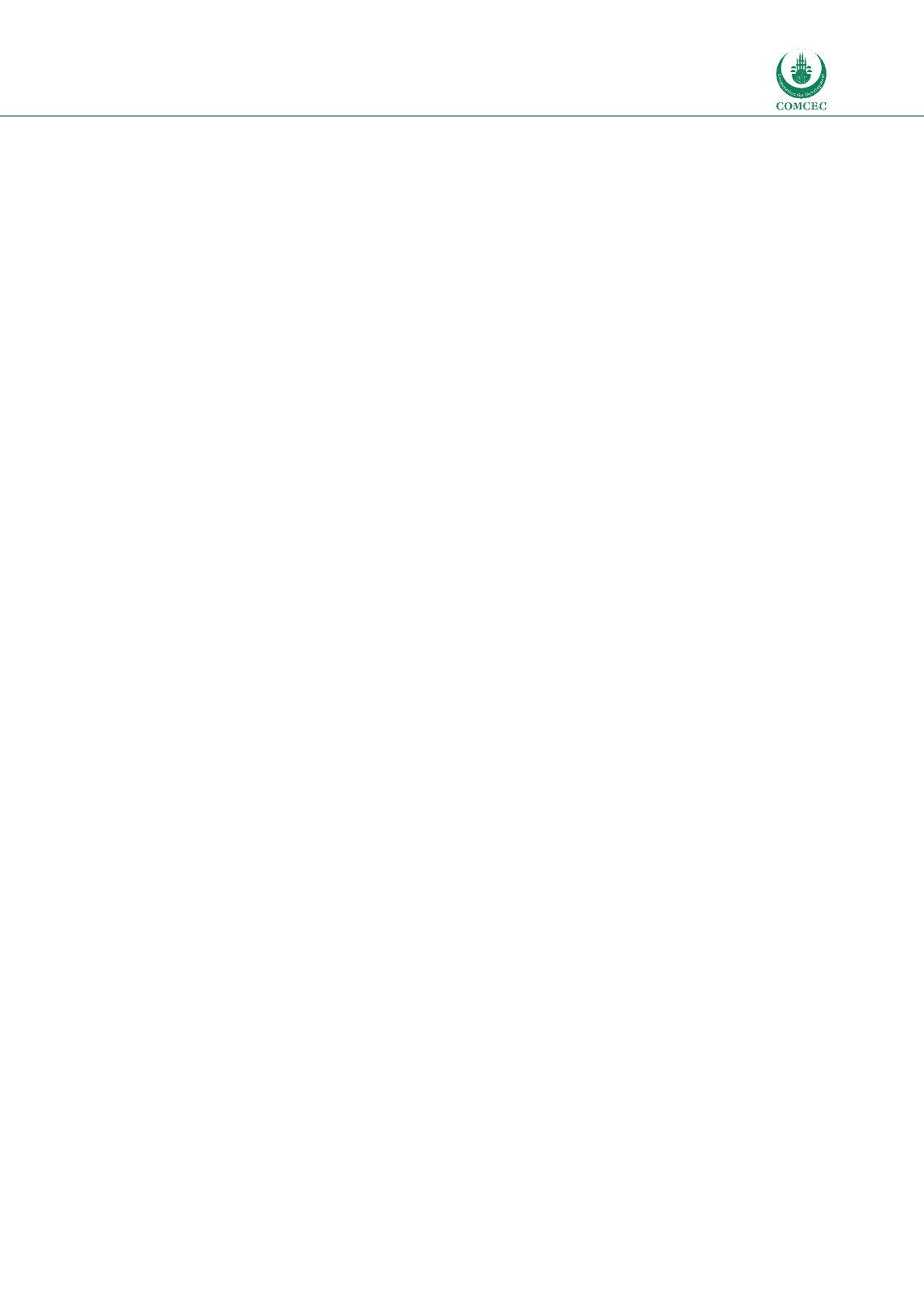

Risk & Crisis Management in Tourism Sector:
Recovery from Crisis
in the OIC Member Countries
89
advisory warning to its citizens not to travel to Tunisia, the sector suffered trip cancellations,
and several hotels had to close. Other smaller and sporadic attacks which mostly targeted
national guard, army or other security personnel led
the President to announce a state of
emergency on July 4
th
2015.
Presidential Security Guard Shooting, 2015:
At least 12 people were killed when a bus
carrying the Presidential Security Guard was bombed in the city centre of Tunis on November
24. The attack was announced as a terrorist act aiming to undermine the government's
authority. This represented a change of tactic by the terrorists, in choosing a target away from
tourism, as the authorities had placed tight security in various tourist areas which made them
more difficult to target. However, the attack further damaged the image of security and stability
in the country, leading to more trip cancellations.
As a result of these attacks, 2015 ended with reduced visitor numbers and significant economic
loss, with 5,359,309 visitors (25.2% less than the previous year) and receipts of US$ 1,354
million (35.1% less than the previous year). The number of hotel nights decreased by 44.4%,
forcing many hotels to reduce their staff and struggle to survive, while many others had to close
(UNWTO, 2016).
4.3.3.
Post Crisis Response: Towards Recovery of Tunisian Tourism
In response to the decline in 2011, a vigorous promotional campaign was launched to restore
the image of Tunisia as a safe destination, using public, private and social media, press and
personal contacts with international tour operators. The campaign aimed at the recovery of
mass tourism from the main source markets and for the development of winter tourism. With a
serious commitment from the government and an increased budget for marketing, these
intensive campaigns achieved positive results. Due to this and to relative stability in the country
at the time, the sector started to recover during 2012 and 2013, with an increase of 32.8% in
tourist receipts, 45.3% in hotel nights and 31% in the number of arrivals in 2013 over 2012.
However, the industry did not return to its peak levels of 2008, either in terms of arrivals or
earnings, due to the further crises which occurred.
After the further decline in 2014-15, the government responded with several institutional and
legislative decisions in order to support the tourism sector (Zouaoui, pers. comm., 2017). Among
the actions taken were:
Improvement in security arrangements, including arming tourist police; 1,000 security
officers deployed for securing the tourist areas, hotels and beach resorts; security
improvements in airports, ports, tourist vehicles and carparks, heritage sites, and check-
points at the borders, including the installation of monitoring equipment such as
cameras, security alarms and metal detectors in sensitive areas where tourists are
present; training of tourism staff in how to improve security; strengthening of security
in working areas by enforcing the use of identification badges for all staff working with
tourists; strengthened coordination between various departments concerned with
















